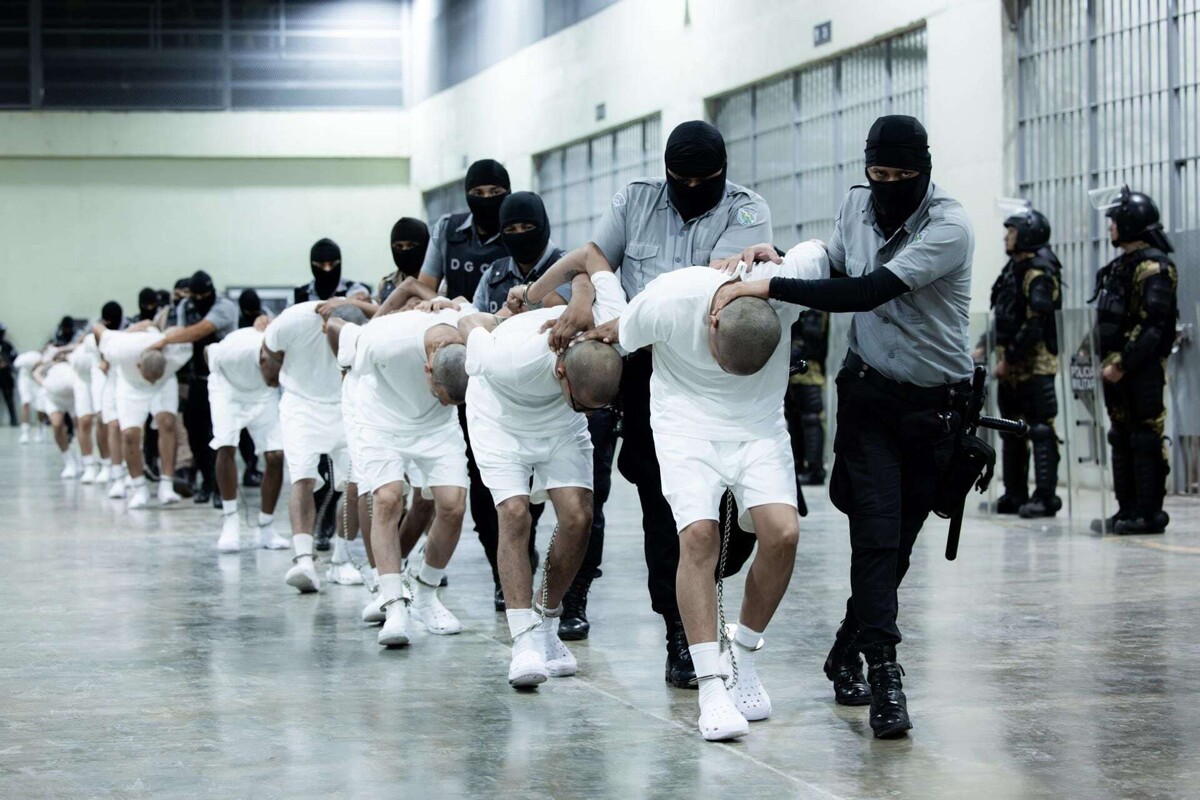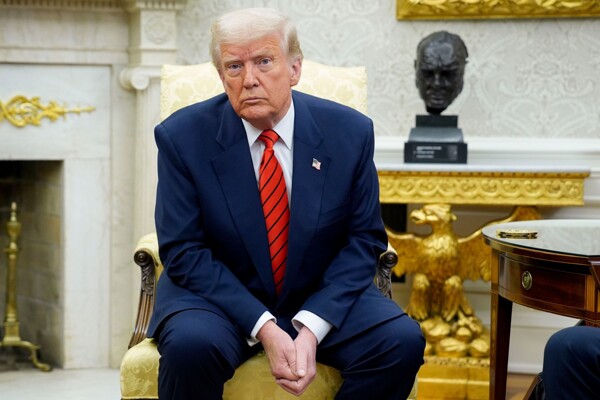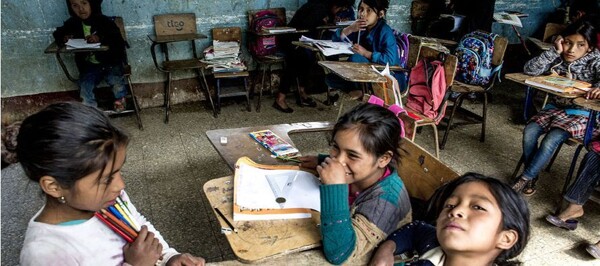
President Trump took steps to designate the Tren de Aragua and several Mexican drug trafficking cartels as 'foreign terrorist organizations' on his first day in office, igniting controversy over immigration policies and involving the Venezuelan gang in the debate. Over the weekend, protests were expressed against Trump's enforcement of wartime law, comparing the measure to dark episodes in history.
Tattoos, common among Central American gangs, are not required among members of the Tren de Aragua, noted Ronna Rísquez, a Venezuelan journalist and author of a book on the origins of the gang. Trump referred to the Tren de Aragua as an invading force when invoking the Foreign Enemies Act, granting himself the authority to deport any non-citizen during wartime, an authority that has rarely been used since 1798.
The Trump administration sent hundreds of immigrants to El Salvador, defying a court order that temporarily prohibited deportations and accusing the gang of collaborating with high-ranking Maduro officials to infiltrate among immigrants and harm the United States. Meanwhile, the government of his predecessor, Joe Biden, had imposed sanctions against the gang and offered rewards for the capture of some of its leaders.
Wes Tabor, former head of the DEA in Venezuela, praised Trump's decision to grant federal agencies the power to arrest immigrants associated with the Tren de Aragua, considering it a crucial step to limit the group's activities in the country. The gang has grown in recent years due to mass emigration of Venezuelans to the United States and other countries in the region, being blamed for a wave of violence in countries like Peru and Colombia.
The controversy surrounding the Tren de Aragua has intensified in the United States following various criminal acts attributed to the group, from shootings to drug and human trafficking operations. However, the identities of the more than 200 deported immigrants have not been revealed, nor has evidence of their alleged crimes in the country been provided. Uncertainty about the size and scope of the gang persists, as does the coordination of its actions nationally and internationally.
The history of the Tren de Aragua dates back to a prison in Venezuela known for its anarchy, where the group originated over a decade ago. Venezuelan officials have expressed their bewilderment at the United States' interest in the gang, stating that it had been dismantled after regaining control of the prison. As Trump intensifies measures against immigration, Venezuelan authorities have conditioned their cooperation in bilateral areas on progress in other matters.
Political discourse in the United States has been influenced by the presence of the Tren de Aragua, mainly due to a video showing armed members in an apartment in Aurora, Denver. From New York to cities like Chicago, the gang is pointed out for various criminal activities, which has sparked fear among residents and merchants. Despite the accusations, information about the group remains limited, and authorities continue their efforts to combat its presence in the country.












